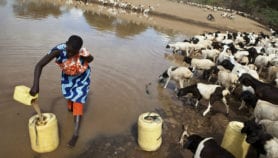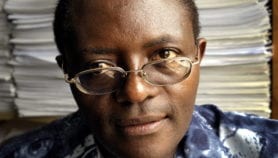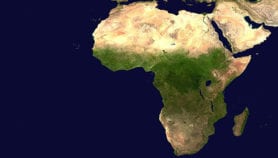By: Hepeng Jia
Send to a friend
The details you provide on this page will not be used to send unsolicited email, and will not be sold to a 3rd party. See privacy policy.
[MELBOURNE] Science journalists need a code of ethics if they are to communicate increasingly complicated science accurately, delegates at the 5th World Conference of Science Journalists were told yesterday (17 April).
But science communicators say this should be combined with better practice.
Various journalistic codes have been adopted by the media worldwide, but few have been suggested specifically for science reporting.
Bob Williamson, a professor of medical genetics at the University of Melbourne and an active science communicator, told a conference session that a code would help both scientists and science journalists define what constitutes science reporting.
Williamson implied that both sides were at various times guilty of hyping research findings.
"This could be important to science journalists in the developing world, who are often required to boast about particular research."
Williamson told SciDev.Net that by insisting on such a code, science journalists in the developing world could defend themselves against being required to hype or hide information.
The Chinese government, for example, has pressured journalists into covering stories to boost confidence in China’s research sector (see The crisis in China’s Science Journalism).
Rob Morrison, vice-president of Australian Science Communicators, presented research showing that almost half of the news releases posted on the science press website EurekAlert during 2006 were labelled as a ‘breakthrough’.
Morrison said overuse of the term fuelled the hype around science, but noted that such sensational language was all too often required to grab the attention of editors.
Wolfgang C. Goede, senior editor of German science magazine P.M., highlighted the increasing influence of public relations in science communication, with institutions using science reporters to paint a positive image of their work.
Goede said a code of ethics could include rules and descriptions to help journalists distinguish science news from public relations material.
Pallab Ghosh, a senior science reporter at the BBC and the incoming president of the World Federation of Science Journalists, said it was more important for science reporters to improve their general journalistic skills than have a code of ethics.
"It is easy to understand the research and peer review process, but what’s needed more is the sense of finding the new and exploring the truth," said Ghosh.
He said the World Federation has no plans for a code of ethics, but will continue to help train science journalists in better practice.













